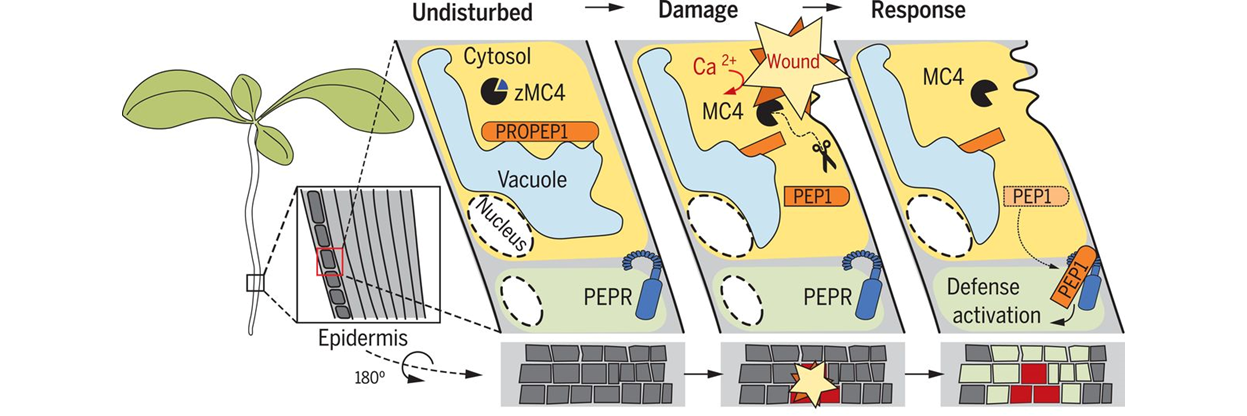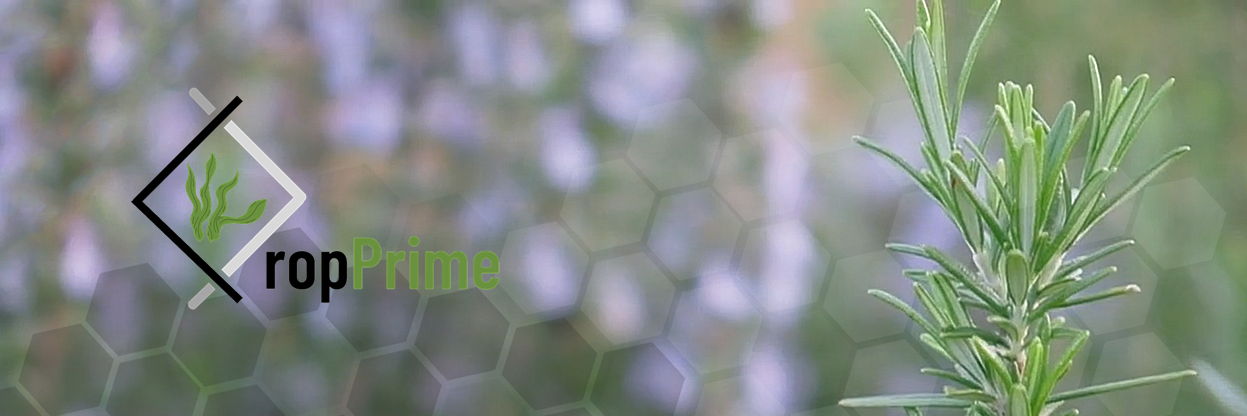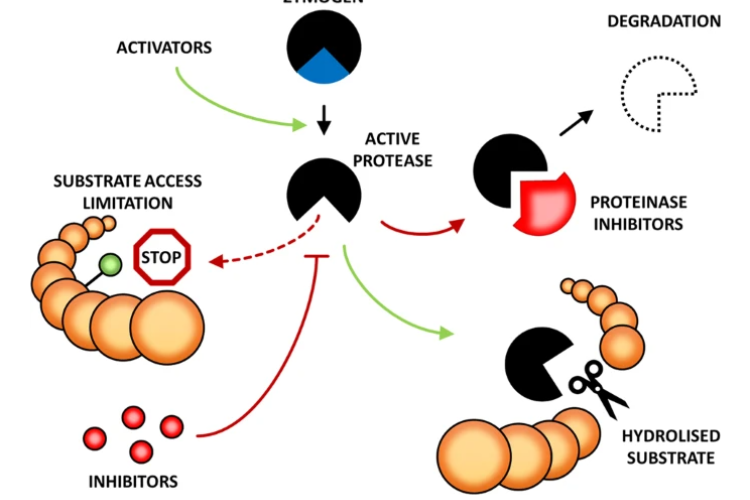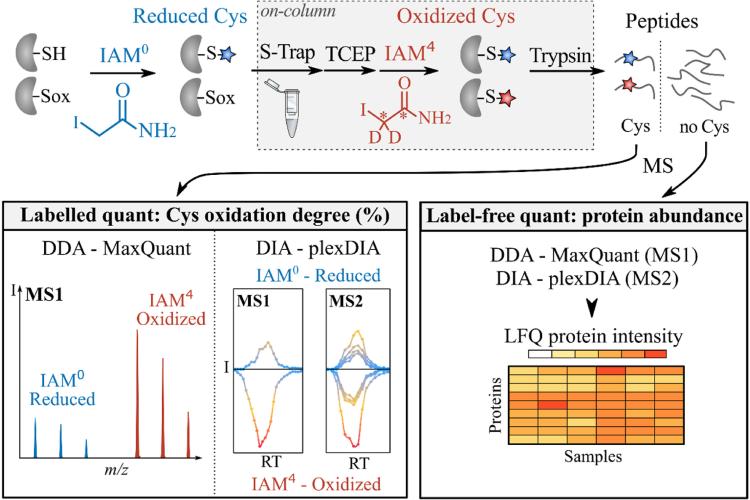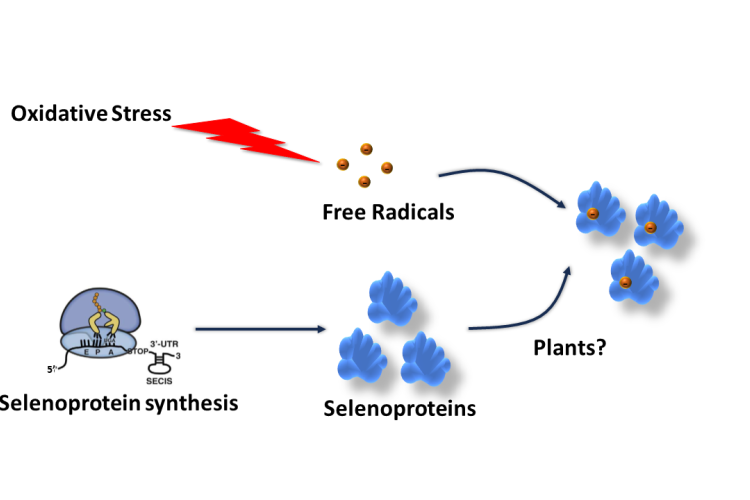Research
About us
Reactive Oxygen Species (ROS), causing oxidative stress, were long considered as harmful by-products of (diseased) metabolism. However, recently they have emerged as important regulators of plant stress responses. Perturbation in ROS production and/or scavenging are sensed by plant cells as a ‘warning’ message, and genetic programs leading to stress acclimation or cell death are switched on. Knowledge on regulatory events during ROS signal transduction is now only scratching the surface. Through combined top-down and bottom-up genomics and proteomics approaches we are dissecting the gene network governing ROS signal transduction in plants and pinpoint genes that are potential candidates for innovative molecular breeding strategies to develop stress-resilient crops.

